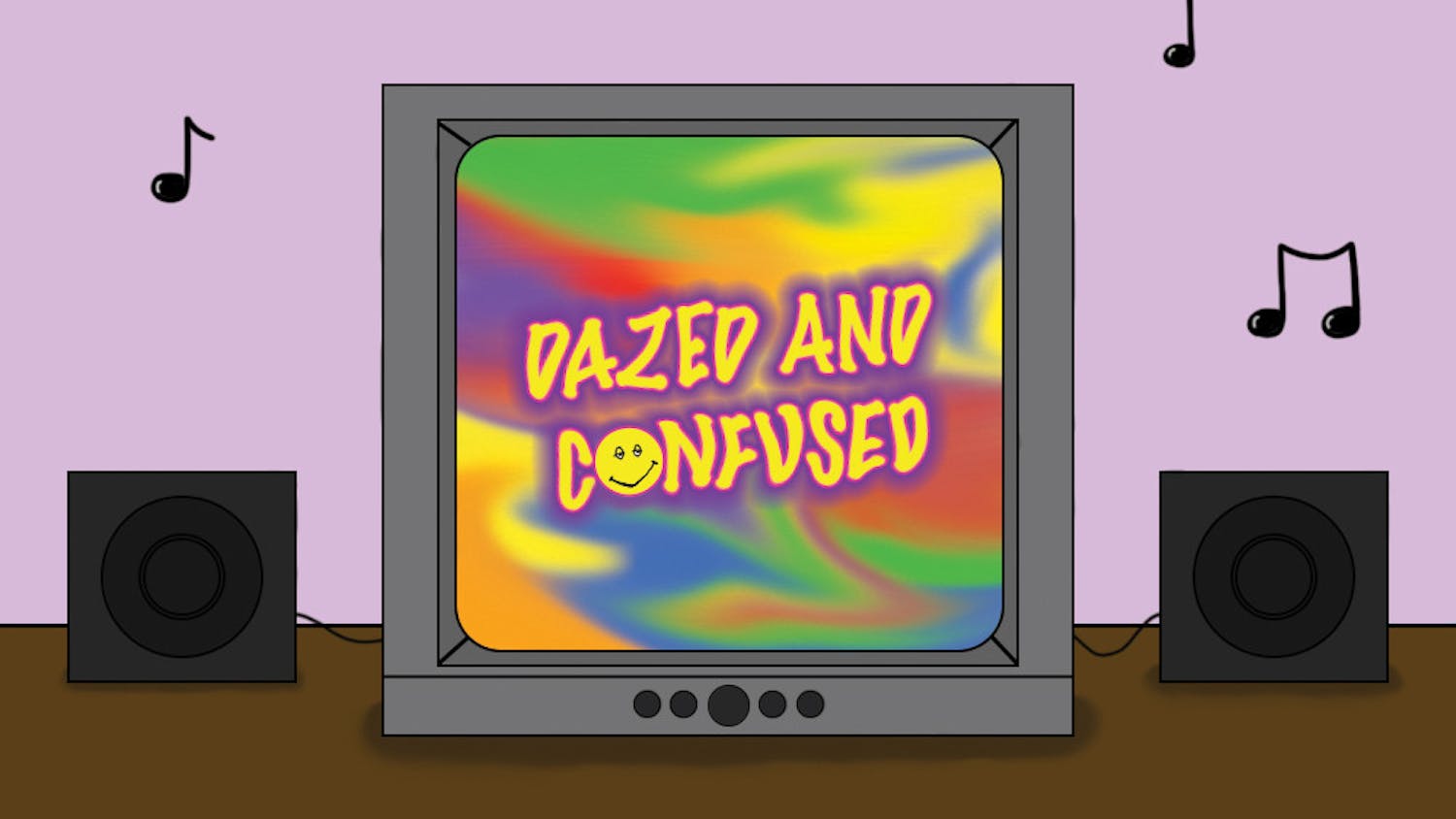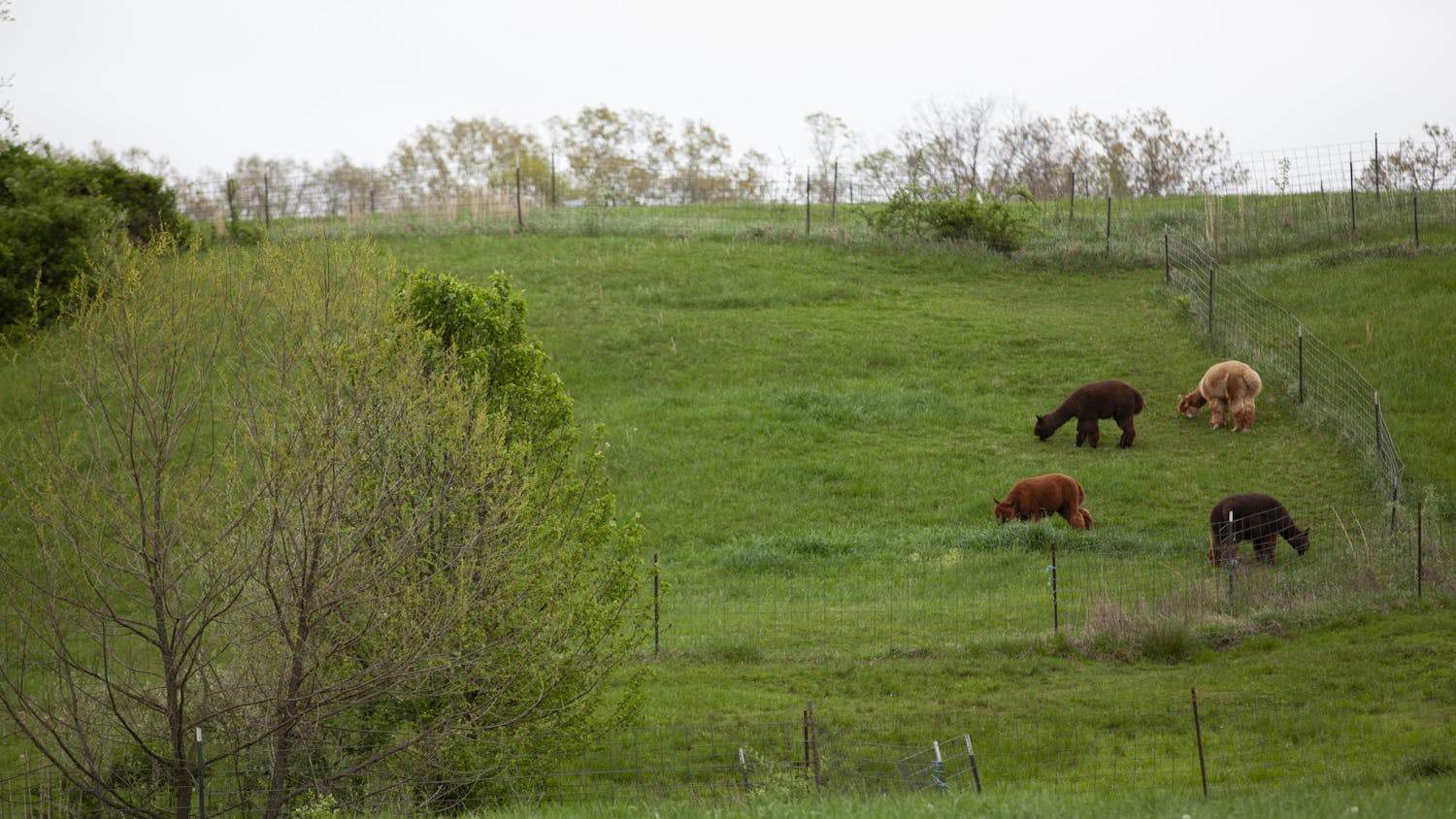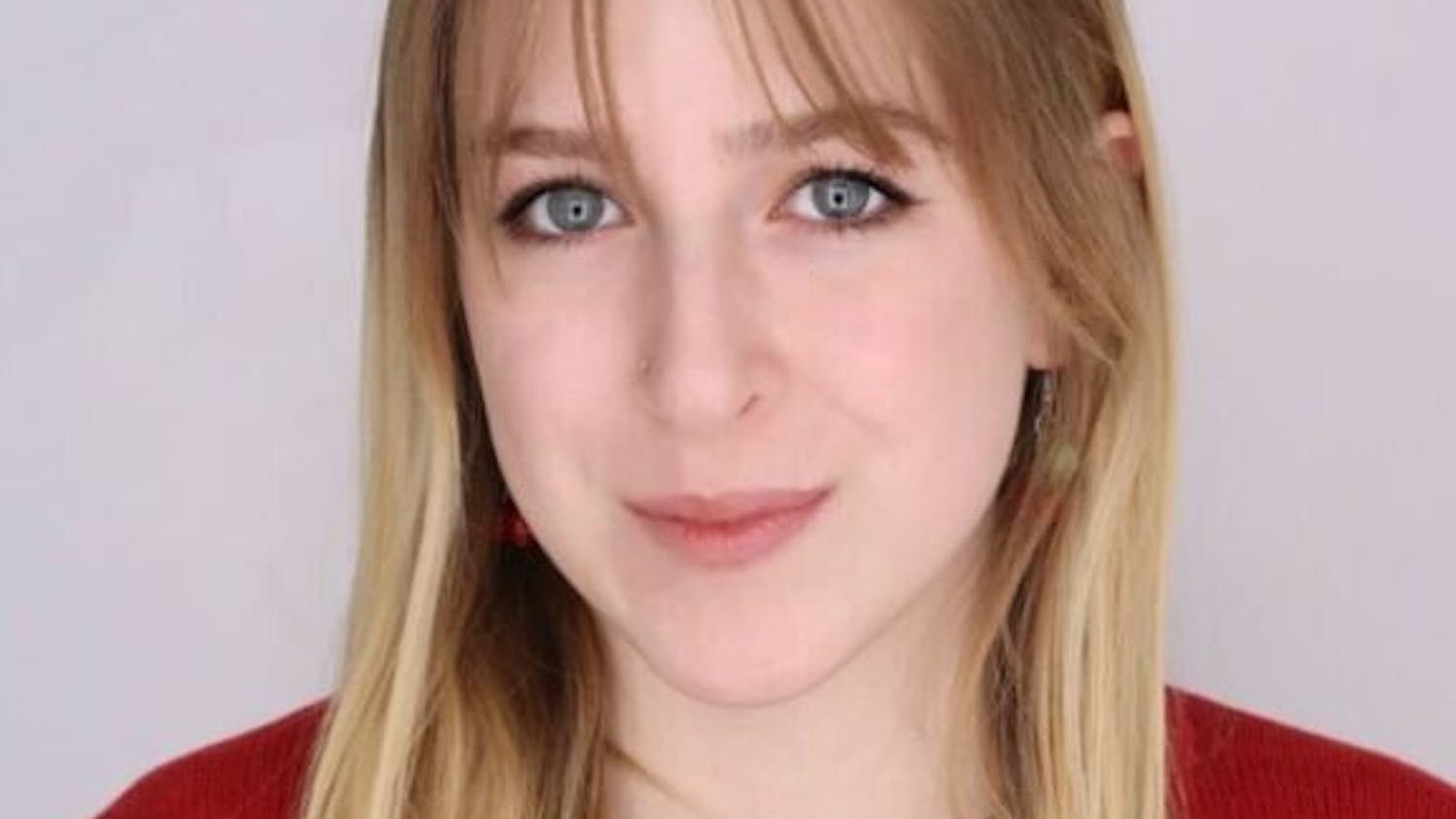As a college student, Nate Thomson enjoyed photography and researched how the craft could benefit a person’s wellbeing. In 2002, a flyer for the Athens Photographic Project showed him a new nonprofit program was doing similar work, and Thomson quickly became a volunteer.
The organization focused on providing an artistic outlet so marginalized community members could have a voice. In 2007, Thomson became the project’s executive director.
“This is all I wanted to do,” he said. “To foster this connection between photography and mental health.”
At 434 W. Union St., which Thomson describes as “the health care corridor of town,” the Athens Photographic Project, or APP, offers artistic classes to people with mental illnesses who travel from Athens, Hocking and Vinton counties. The various classes that meet throughout the week help about 60 artists each week.
APP hasn’t had to advertise very much because most people hear about the classes through word-of-mouth, Thomson said.
“We’ve had a continuous stream of community members wanting to participate in our programs,” he said.
Edith McGee, an APP artist for two years, said her therapist referred her to the nonprofit program. McGee, who has depression, bipolar disorder and schizoaffective disorder, said the classes have helped her tremendously.
McGee sees photography as a form of meditation because when looking through the camera lens, she’s distracted from random thoughts and paranoia.
“It allows me to focus in the moment,” she said. “It has been a really redeeming factor of my recovery.”
McGee said the first year of classes at APP focuses on the student’s basic skills and how they express themselves through their work, but the second year leads into more technical aspects and ways to improve on the fundamentals of photography.
Her work consists mostly of environmental portraits, people in their natural environments and symbolic pieces.
Shannon Moyer, another artist, said APP has helped her deal with her own mental health problems like anxiety and depression. So far, she has taken three classes with the organization: portfolio and book making, public art, and personal projects and critique.
“Before photography I wasn't active,” she said in an email. “I now get out and do more. It has helped me to be more creative in choosing the subjects and themes of my photographs. Right now I am experimenting with black and white photography and have been taking photos of various subjects.”
Thomson said coming to the photography classes can help participants feel less isolated and realize their world perspective matters. They learn to “rebuild their identity larger than their diagnosis or their symptoms.”
“So many of us are introverts,” McGee said. “(But) it gives us that sense of community (and) strength. It’s been so nice to be able to relate to others’ similar experiences.”
Unlike most photography classes, APP provides students with necessary art supplies such as digital cameras because it allows people opportunities that wouldn’t otherwise be available, Moyer said.
“Through APP, I have learned how to go through the Ohio Arts Council grant process and have been able to receive grants to purchase my own camera and other equipment,” she said in an email.
Kim Crum, an APP class instructor for seven years, said her teaching experience has been eclectic. Working with students from a wide age range and different histories allows her to see a unique support system among her students and the artists’ individual growth as photographers.
“Watching someone form an identity of an artist or a photographer … can be transformative,” she said.
Thomson wants Athens to become a “hub” for mental health work that connects art and a person’s wellbeing. Because the program is community-based, it’s easy for clinical and non-clinical people to be involved in mental health recovery.
“It allows them to own their own health narrative, (and is a sort of) coming out about being in mental health recovery,” he said.






